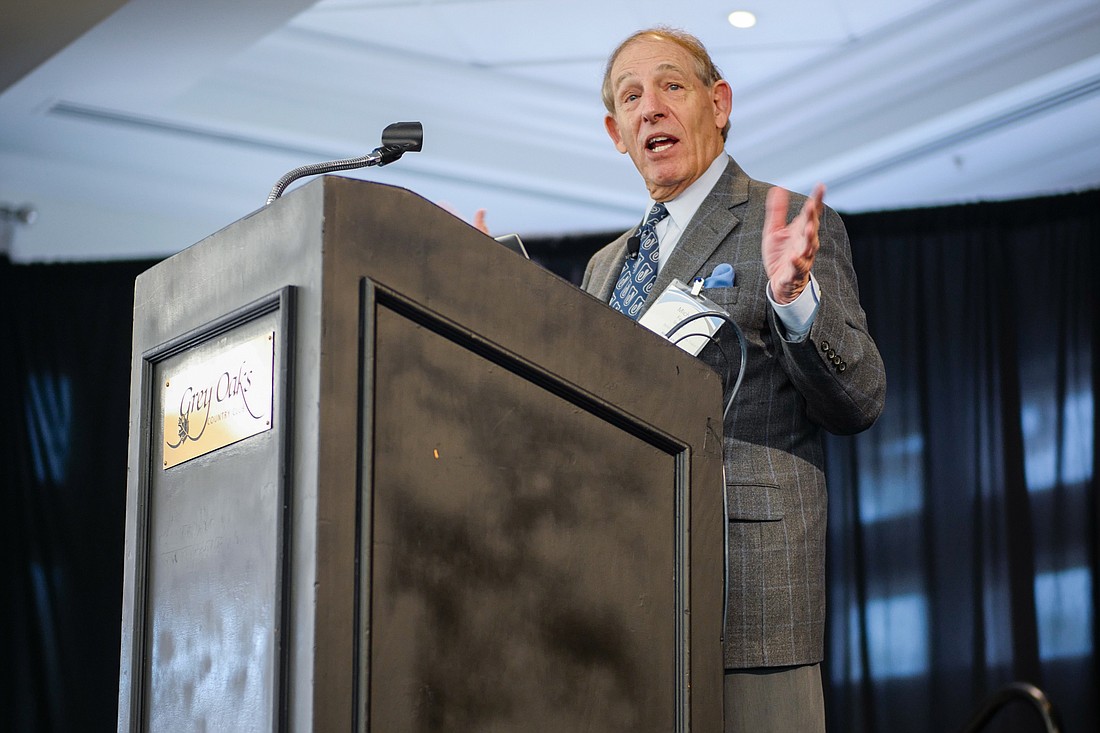- December 13, 2025
-
-
Loading

Loading

There are cold calls. And then there’s the colder-than-the Arctic Circle ring Michael Feuer placed to Jack Welch one night in the late 1980s.
Feuer sought investors for what was then his startup office supply business, OfficeMax. He figured a guy like Welch — chairman and CEO of GE and an American business icon of the 1980s — would be a logical investor. Yet Feuer didn’t know Welch. Didn’t even know Welch’s personal assistant.
For a man who, in a book he wrote on his career, lists “if you don’t ask, you’ll never get” as his No. 1 leadership lesson, that wasn’t an issue. Feuer, pronounced like foyer, dialed up Welch’s assistant in New York from his office in Cleveland. If not exactly a friendship, he developed a rapport with her, enough to ask: If Jack was going to work late in the office one night, what night would that be?